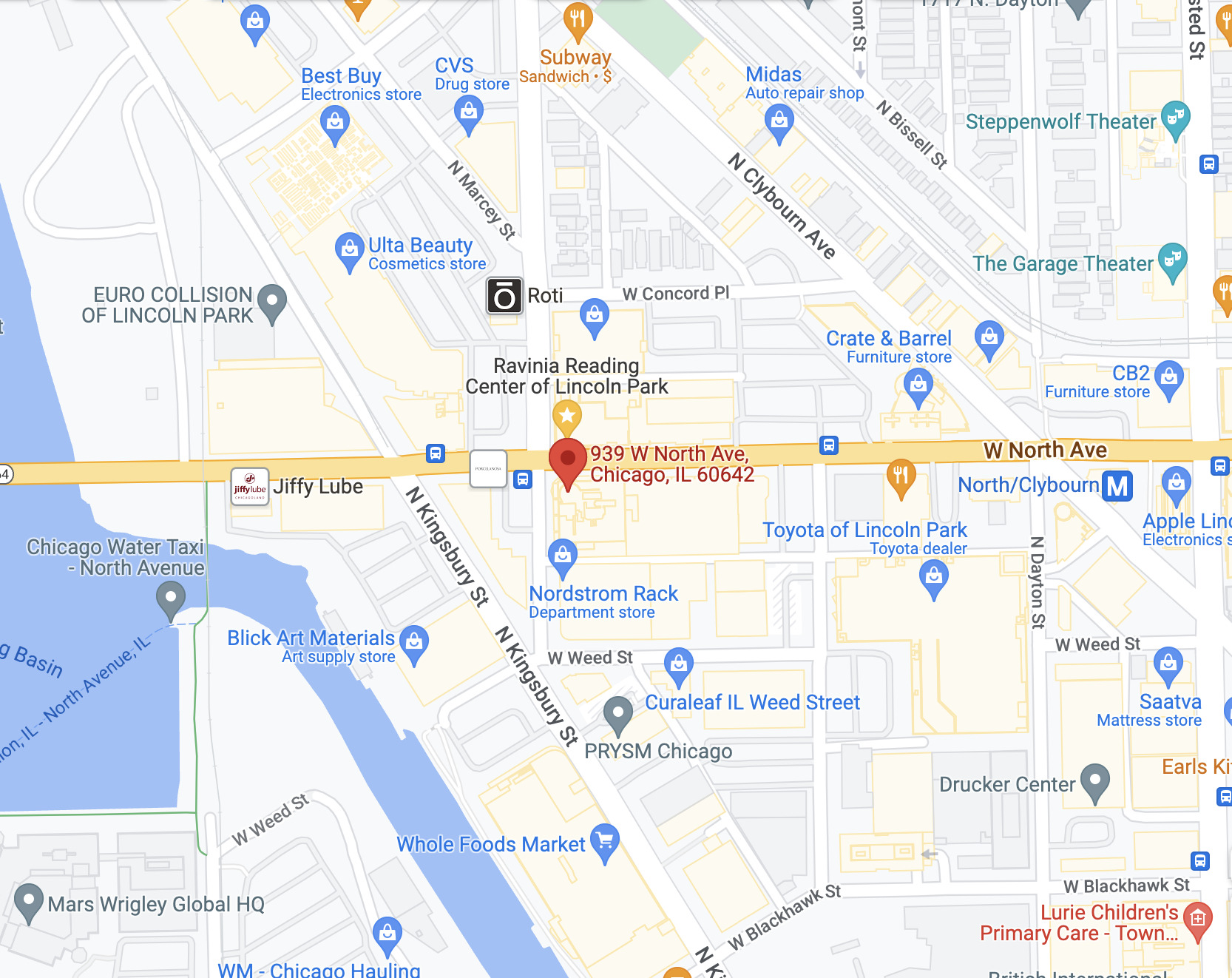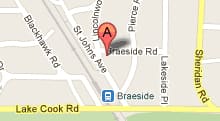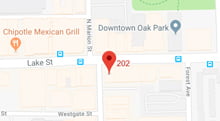Holly Shapiro Ph.D. CCC-SLP
Founder and Director of Ravinia Reading Center in Highland Park, IL
 Photo by Andrea Behrends
Photo by Andrea BehrendsReading must be learned. Easier for some, much harder for others.
When I finished my doctoral studies at Northwestern University, I knew I wanted to help children who were not learning this critical life skill in school. I set up a private practice, worked hard with my students, and some would have called my practice a success. But my students’ gains weren’t dependable – I did not have a roadmap for improvement nor enough experience to tailor my work to each student’s struggles.
Eager to find better results, I took a series of workshops where I learned about a phonics-based approach to reading instruction called Orton-Gillingham. I was fortunate to have the opportunity to study under the direction of some of the pioneers, notably Jean Osman and Paula Dozier Rome, who had known and worked with Samuel Orton himself. The Orton approach served as a valuable foundation from which to build upon and also sparked what would become a lifelong interest in the origins of words. As I modified my teaching with greater emphasis on practices associated with the Orton approach, I found that while some children learned quickly with most any instruction, many of my students were only able to learn using phonics.
Specialists in any field have to keep current in their research, but specific research findings tend to work their way more slowly toward general education teachers. Teachers, after all, have to know something about everything. In 1997 Congress created the National Reading Panel to promote successful reading instruction. The panel evaluated more than 10,000 studies on reading to see what worked. They published their findings two years later. I was pleased to find that their research was very consistent with what I had learned in my studies and confirmed in my practice—that systematic phonics instruction was better reading help than a literature-based approach for children struggling to read.
It’s been over fifteen years since the National Reading Panel released their findings. There is now a growing body of evidence that even better outcomes can be realized if we make children aware of morphology, etymology and phonology along with rules, patterns and conventions. In short, from the very beginning, we need to teach our students the way the English writing system really works. With these more current models, I find more than ever that I keep drawing upon my training as a speech-language pathologist.
Ravinia Reading Center is staffed by speech-language pathologists and I wouldn’t have it any other way. The clinical focus of our training has equipped us to expertly tailor instruction to each student. SLPs are further trained in both phonetics and phonology. We understand, for example, that a ‘b’ is often substituted for a ‘p’ because of how similarly the phonemes they represent are produced. Or when a student spells the adjective “separate” as “seprit,” we are not going to say, “Sound it out!” Why? Because the word “separate” really does have two (phonetic) syllables. The ray of light for this student is going to come from an understanding of meaningful word parts, morphology, and how English words are built. Speech pathologists are particularly well prepared to teach your child the true cohesive and logical nature of the written language system because we understand it ourselves. Phonetics, phonology, morphology, and etymology really do play together nicely. We’ll make sure your child understands that too.
I find that our outcomes with students are better when we start with the premise that all words can be understood. With this principle as our cornerstone, our students achieve measurable levels of reading fluency that allow them to handle the volume and complexity that always occur as they move forward in school and in life. And while we love that your child’s achievement can be measured while they’re here, it’s our greatest goal that they effortlessly read in their lives outside of Ravinia Reading Center. Reading is a skill and it can be taught.
Traci Tague M.A. CCC-SLP
Director of Ravinia Reading Center of Lincoln Park and Oak Park

Words alone cannot express how much I love what we do for students and families at Ravinia Reading Center!
Upon completion of my graduate studies in Speech-Language Pathology at the University of Illinois at Urbana-Champaign, I began my career at some of the top hospitals in Chicagoland. I primarily saw patients with communication and swallowing impairments resulting from various tragic brain injuries and diseases. My skills and beliefs in evidence-based practice, honest and open communication, and treatment of the whole person were strengthened and solidified during these years. I really enjoyed my work, but I always had a feeling there was something more out there for me.
Not until I had two children of my own (now three!), did I come to understand what was missing. My passion for fostering a child’s development, along with my love for reading and words, led me to Ravinia Reading Center and Dr. Holly Shapiro. I could not be happier, more passionate about my work, or more dedicated to the students and families we serve. I have found my true calling.
My passion for this work led to the opening of Ravinia Reading Center of Lincoln Park, with the goal to provide the same curriculum, knowledge, and expertise to students and families in Chicago. We are very excited to be providing reading and spelling intervention to students across the city, and we are dedicated to all students’ happiness and success.






